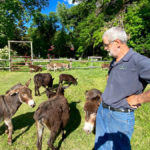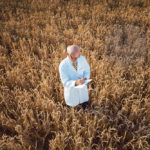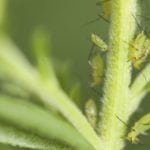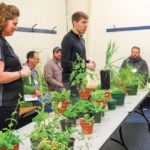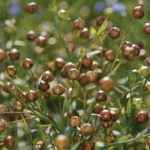Francois Labelle thought he was going to be a horticulturist when he started a degree in agriculture in 1974, but his day job for the last 42 years has been in the grain business — mostly pulses crops. As a student, Labelle, who retired as executive director of Manitoba Pulse & Soybean Growers July 15,



